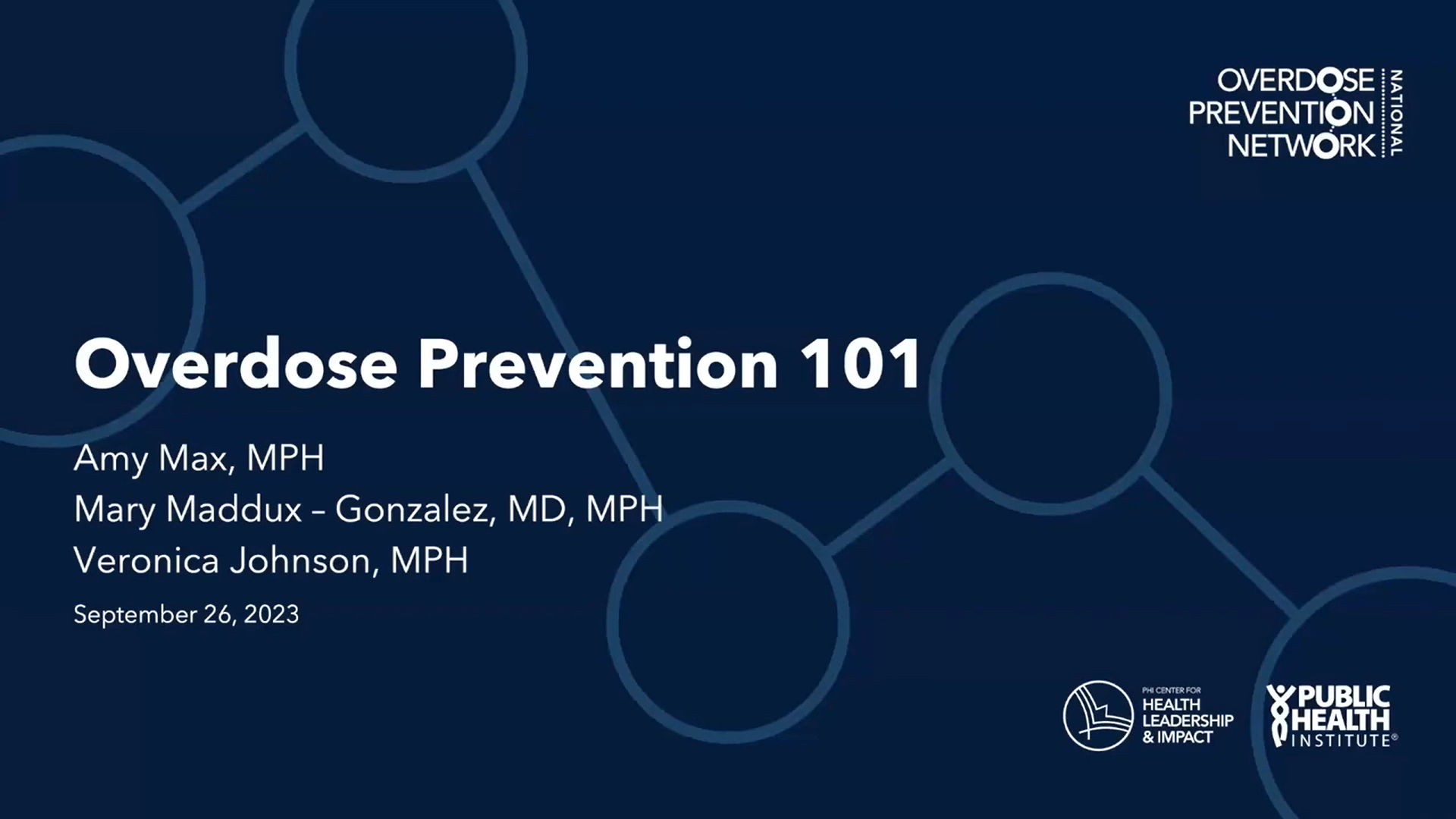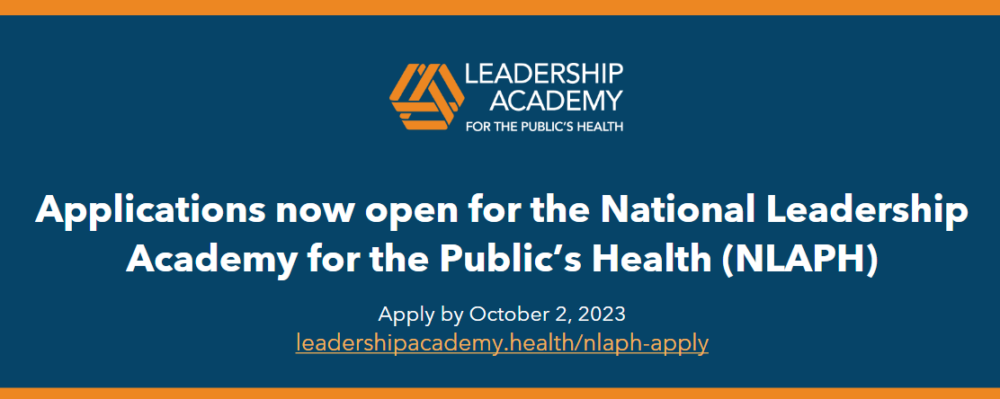
Guides: Overdose Prevention 101 and Working with Rural Communities
-
Focus Areas
Alcohol, Tobacco, Drugs & Mental Health -
Issues
Rural Health -
Expertise
Health Education & Promotion -
Programs
Center for Health Leadership and Impact -
Strategic Initiatives
Opioids

These guides, created by PHI’s National Overdose Prevention Network (NOPN), explore the basics of overdose prevention strategies, tools and resources. They also serve as centralized resources that can be shared with colleagues and community members who are new to this work.
The guides include:
This page also includes a webinar recording that shares how these tools and resources have been used in practice.
Overdose Prevention 101 Guide
Overdose rates have risen steadily since 1999, with 107,000 drug overdose deaths in 2021. This is a quick reference guide for individuals seeking to learn the basics of overdose prevention resources, tools, and strategies. It includes tools to help embed equity into your overdose prevention strategies and approach.
Learn about these topics in the guide:
- Substance Use Disorder
- Understanding Overdose
- Fentanyl & the Overdose Epidemic
- Equity in Overdose Prevention
- Community Model for Overdose Prevention
- Partnerships & Coalition Building
- Overdose Prevention Strategies
- Saving Lives with Naloxone
- Communication Strategies
- Data & Measurement
- Sustainability Planning
Overdose Prevention in Rural Communities
Rural communities face many hurdles in addressing opioid and other substance use disorders (SUD). Research shows that people living in rural communities who are in need of care are falling through the cracks, often losing their lives. Between 1999 and 2015, drug overdose deaths in rural counties jumped by 325% compared to 198% in metropolitan areas.
This guide is designed as a primer for those working in rural communities who want to familiarize themselves with the basic strategies, resources, and tools for working in overdose prevention. It includes case studies and links to useful resources you can use in your work and share with colleagues and community members.
Learn about these topics in the guide:
- Substance Use Disorder in Rural Communities
- Overdose Prevention Strategies
- Partnerships & Rural Coalition Building
- Communication Strategies
- Data & Measurement
- Sustainability Planning
- Stigma
- Managing Pushback
Webinar Recording: Getting Started with the Overdose Prevention Guides
This webinar recording includes an overview of the Overdose Prevention 101 resource and related materials, with examples of how you can put it into practice. It also introduces the rural companion guide that includes local case studies and tools specific to those working in rural communities.
The National Overdose Prevention Network, a project of PHI’s Center for Health Leadership and Impact, is a community of inspired learners ready to share best lessons and build new knowledge together, providing a platform to support a national network committed to health equity and preventing both new addictions and unnecessary overdose deaths.
Originally published by National Overdose Prevention Network
Work With Us
You change the world. We do the rest. Explore fiscal sponsorship at PHI.
Support Us
Together, we can accelerate our response to public health’s most critical issues.
Find Employment
Begin your career at the Public Health Institute.



